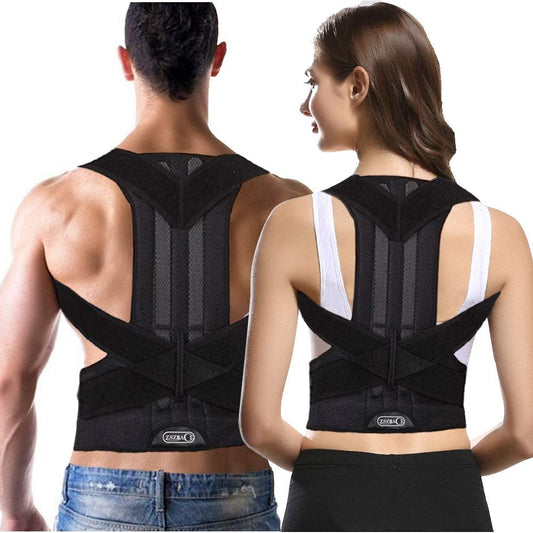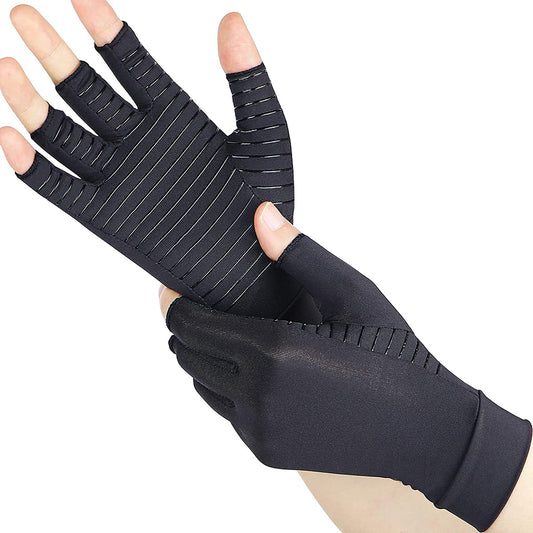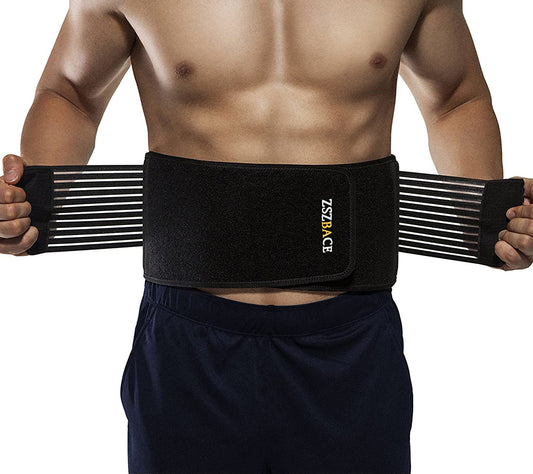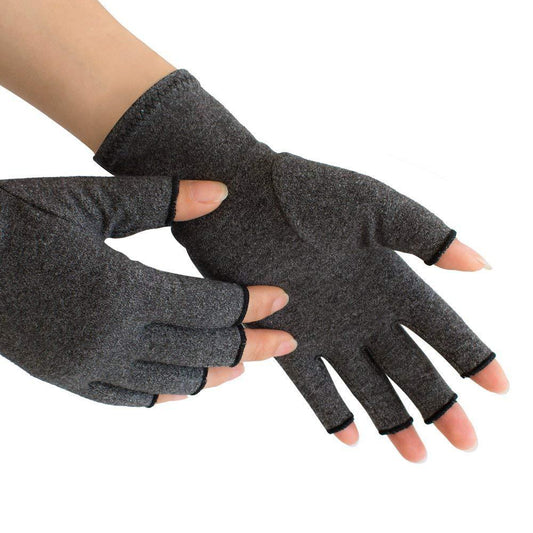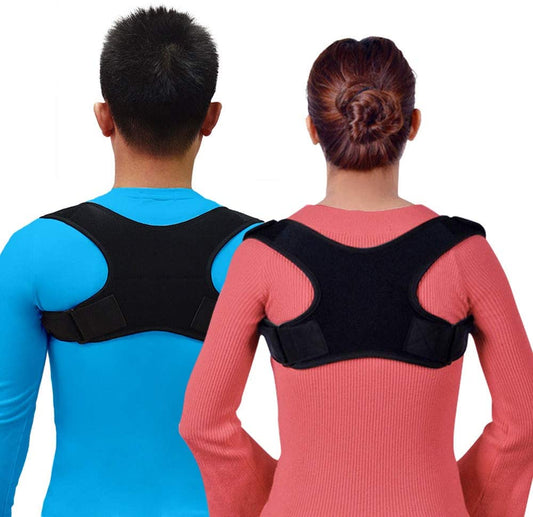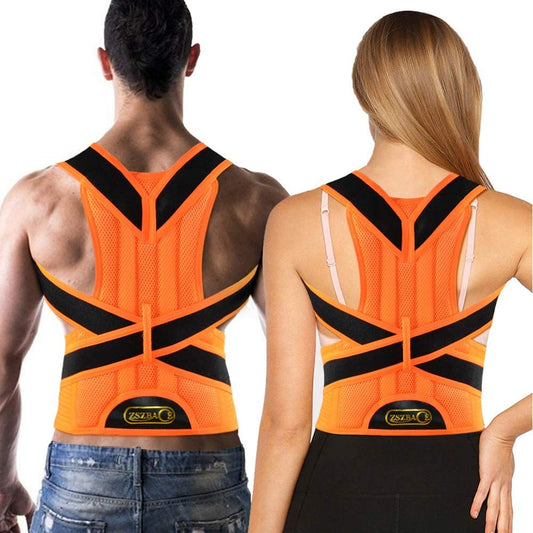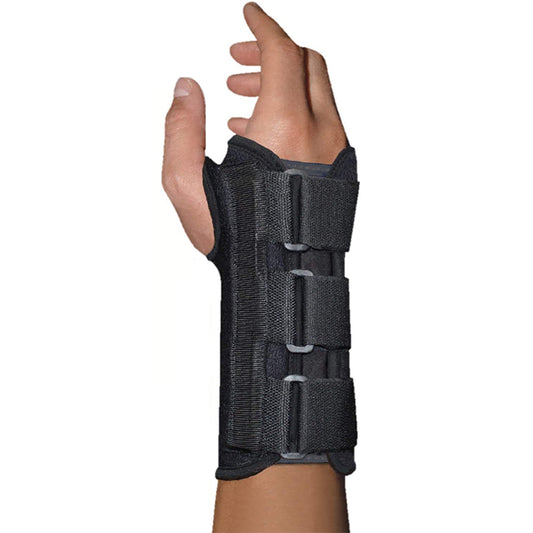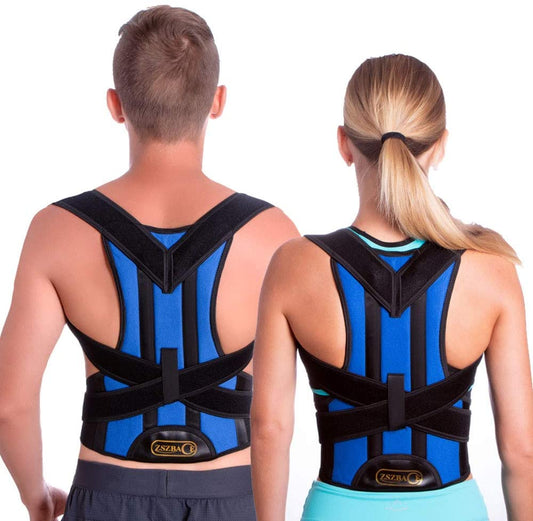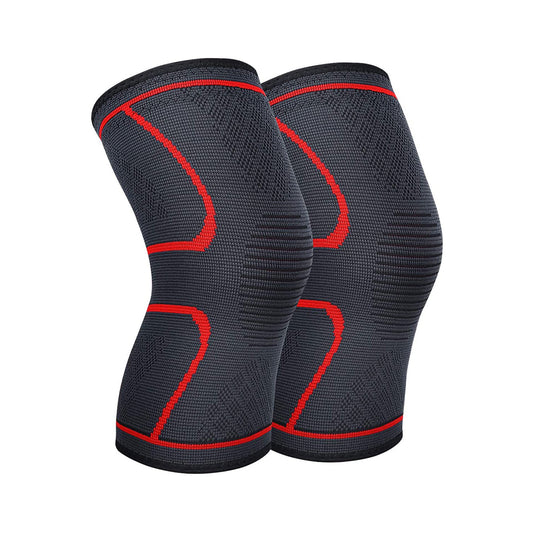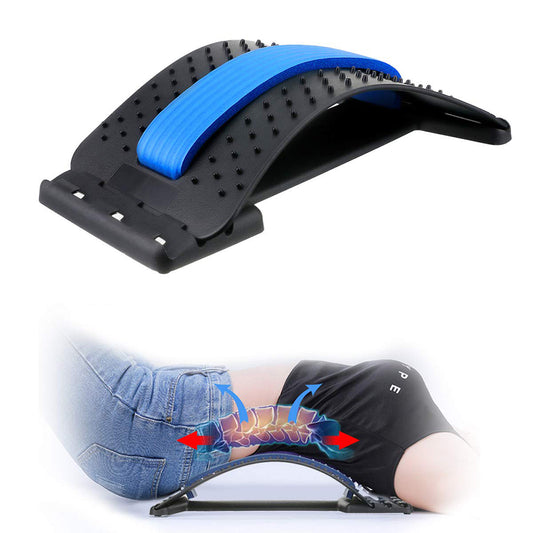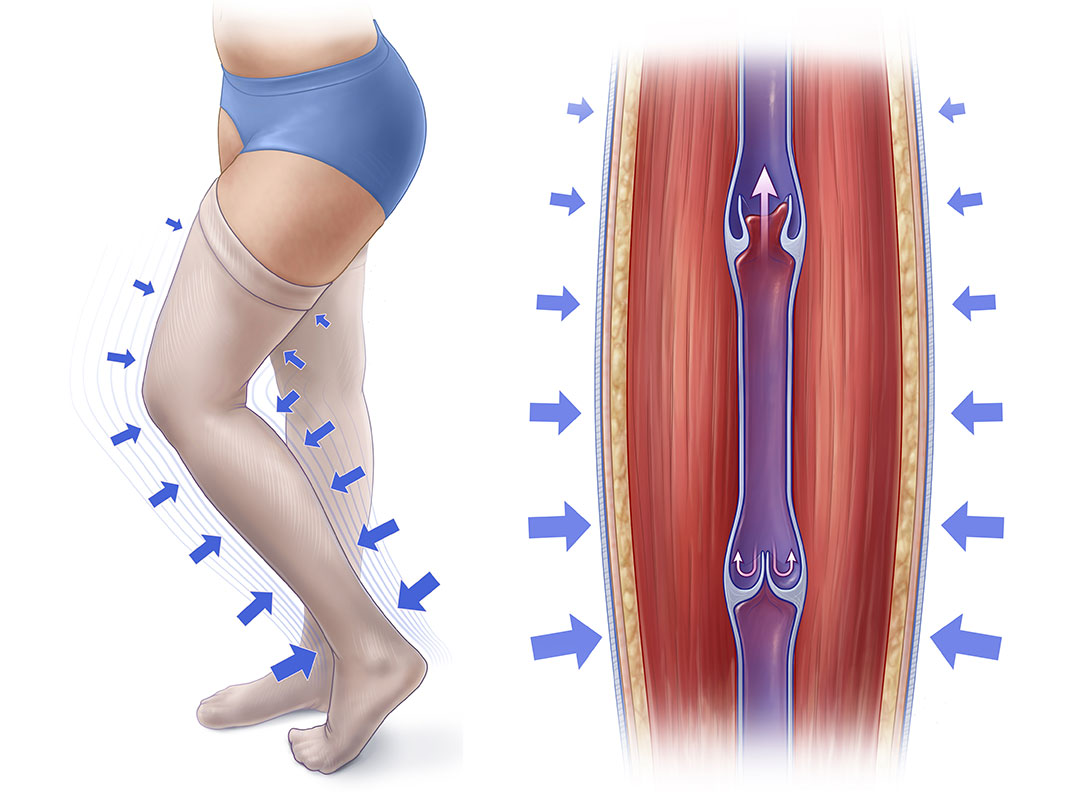
Pregnancy and Maternity: Your Leg Health Matters
Share
Pregnancy is a very special time for you. It changes your body in many ways to support your baby's growth, but it also puts pressure on your legs. Therefore, it is important to provide the correct support for your legs to keep them healthy during pregnancy. This can be achieved with medical compresses that are beneficial to your health during pregnancy.
Compression Stockings: Benefits During Pregnancy?
Pregnancy: Protect Your Legs!
Pregnancy will completely change your life. Your body may already be starting to change. Early hormonal changes can cause hot flashes, nausea, mood and appetite changes...but did you know these physical changes can also affect your circulation?
Under the influence of pregnancy hormones, your blood clots faster and your veins dilate. This hinders the normal venous return of blood and increases the risk of vein damage, such as the development of varicose veins. Also, blood clots may form in the veins of the legs.
Your body undergoes major changes every three months to accommodate your growing baby. Blood volume increases, and the growing uterus puts direct pressure on your veins. This can compress and partially block some of your veins and directly affect your venous system.
Here are some tips for leg health during pregnancy.
Leg heaviness, leg pain, swelling and varicose veins: why do these symptoms increase during pregnancy?
During pregnancy, you may experience leg symptoms such as heaviness, tiredness, leg pain, and swollen feet. Six in 10 women discover their first varicose veins during pregnancy; varicose veins often appear around the fourth month.
The appearance of venous leg symptoms is caused by the increased blood volume needed to help your baby grow. The growing uterus can press on and partially block some of your veins. And the return of blood to your heart is complicated by pregnancy hormones that dilate your veins.
Factors that may increase the risk of developing venous disease during pregnancy:
- smokes
- genetic predisposition
- preexisting venous disease
- multiple pregnancy
- sitting or standing for long periods of time
- By wearing medical pressure, you can effectively do something for your leg health
Medical compression is the standard for preventing venous insufficiency; it is recommended to wear the compression throughout pregnancy. Medical compresses promote blood circulation and relieve leg discomfort. Your legs will feel lighter, more energetic, and less swollen.
Wearing compression stockings can also help prevent varicose veins from developing. Varicose veins are aesthetically unpleasant, but they can also be associated with symptoms such as pain, itching, burning, or cramping.
Pregnancy-related venous insufficiency does not go away immediately after delivery. Therefore, it is recommended to wear a medical pressure suit for at least six weeks after your baby is born.
Medical stress can also help prevent morning sickness. Studies have shown that pressure clothing in early pregnancy can relieve nausea and vomiting like medication.
What is compression therapy?

Medical compression therapy applies an elastic device to a limb or other body part to apply controlled pressure to it. Thus, the device squeezes the walls of the veins together and increases the circulation rate. Medical stress can also help reduce edema and rebuild conditions that favor the healing of chronic inflammatory diseases.
Medical compression therapy involves the application of an elastic device, mainly on the extremities, to exert controlled pressure on them. By compressing extremities or other body areas, medical compression devices squeeze the walls of veins together, improving overall circulation and supporting blood flow back to the heart.
In addition, it helps reduce swelling and edema formation in edema tissue by reducing capillary leakage into the tissue and supports lymphatic drainage of interstitial fluid. Medical compression can significantly relieve leg pain, pain, swelling, and heaviness, as well as other venous and lymphatic symptoms.
Available in different materials, forms and styles
Medical stress can be applied in different stress levels, forms, styles and materials depending on the individual's symptoms and needs. Offers circular and flat knit garments (stockings, leggings, shorts, tights, pantyhose, sleeves, gloves, etc.), wraps and bandages.
Effects of Medical Compression
Effects on blood circulation
The controlled pressure exerted by medical compression stockings reduces the diameter of major veins, thereby increasing the speed and volume of blood flow. Thus, medical compression improves blood delivery from the extremities to the heart, reduces blood backflow and stagnation, and provides better drainage of the deep venous system, all of which help to increase and therefore improve circulation rate.
Effects on edema tissue
Improves the balance of blood exchange under medical stress by reducing capillary leakage of fluid in the interstitial tissue. This leads to better reduction of edema. Certain medical compression textiles have been reported to have beneficial massaging effects that soften hardened or fibrotic tissue.
In addition, medical compression restores conditions that favor the healing of chronic inflammatory diseases (eg, cellulitis, erysipelas, venous leg ulcers, etc.) by reducing pro-inflammatory cytokine levels and increasing anti-inflammatory cytokine levels. In addition, skin microcirculation is reported to be improved.
Compression Stockings: Pregnancy and Postpartum Benefits
What are the risks of thrombosis (DVT) or phlebitis during pregnancy?
The risk of blood clots increases 3 to 5 times during pregnancy and 60 times during the following six weeks.
There are several reasons for an increased risk of thrombosis:
The composition of blood: To prevent excessive blood loss during birth or miscarriage, blood clots faster. On the other hand, this can cause blood clots to form in your veins, causing damage and leading to deep vein thrombosis (DVT). This is a serious situation that requires immediate intervention. If a blood clot breaks off and enters the lungs, this can lead to a pulmonary embolism, a potentially fatal event. Even though this condition is very rare, it is the second leading cause of maternal death after hemorrhage.
Increased pressure in the veins of the legs: Growing children compress blood vessels in the pelvis, restricting blood flow back to the heart.
Blood flow back to the heart is exacerbated by increased blood volume and dilation of veins during pregnancy.
Wearing compressions during pregnancy and after birth can help you prevent the development of venous insufficiency and deep vein thrombosis.
Be Kind to Your Legs: Wear Compression Stockings During Pregnancy
Your doctor may have recommended or prescribed medical compression, which is the standard treatment for preventing DVT and treating venous insufficiency. Medical compressions can also relieve heavy legs and leg swelling.
Healthy and Happy Pregnancy - and Beyond
You can rely on medical stress when taking care of your legs during pregnancy. From the first use, you should experience beneficial effects.
Therefore, it is recommended to wear compression stockings from the start of pregnancy until the end of the high-risk period up to six weeks after delivery.

